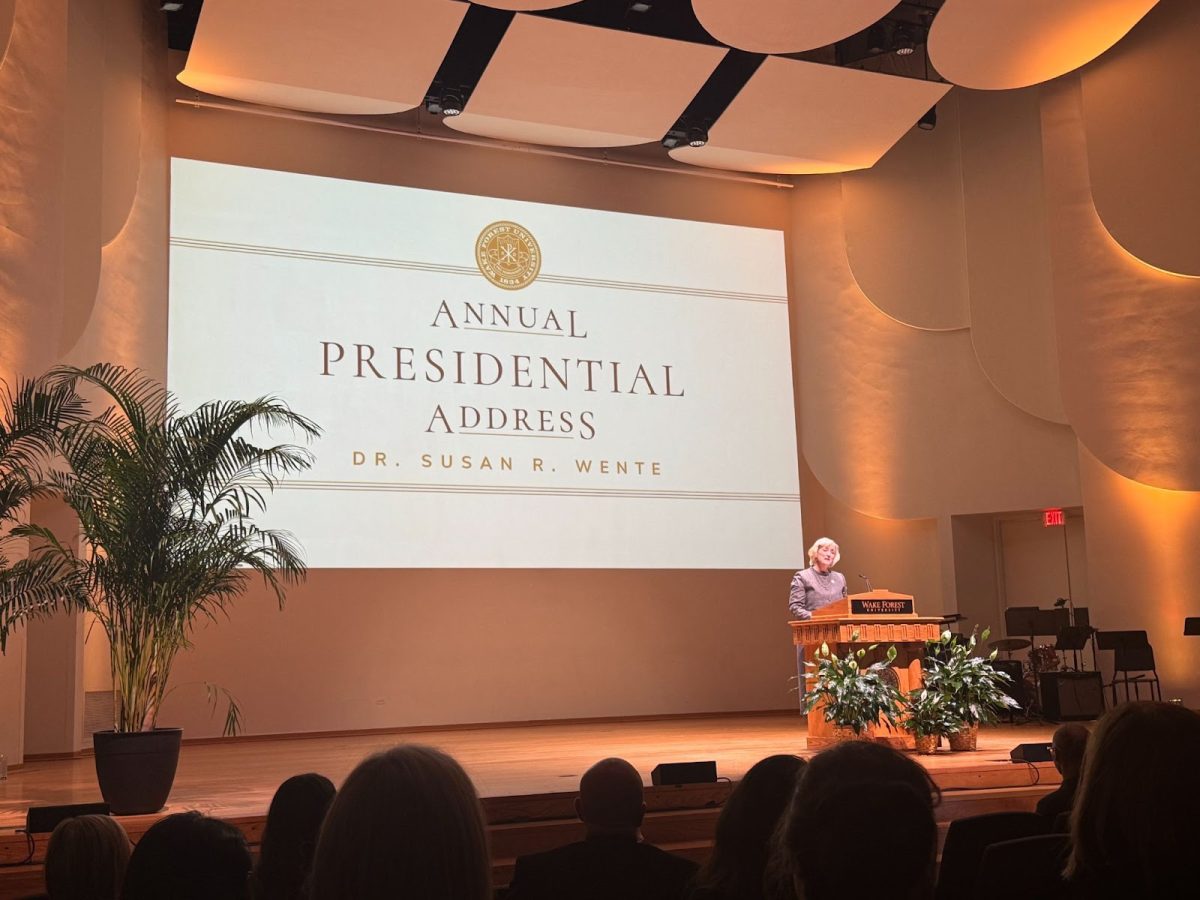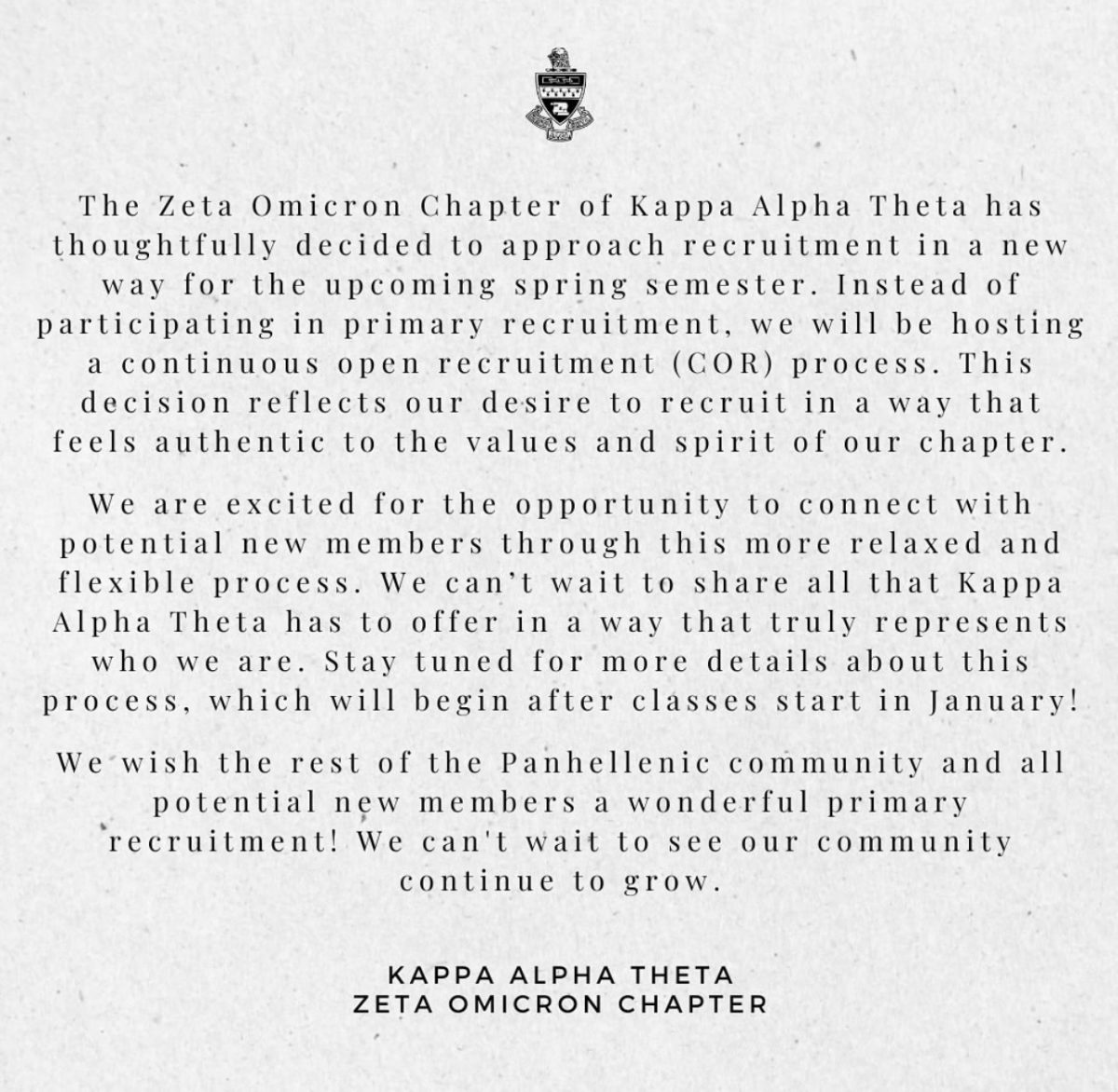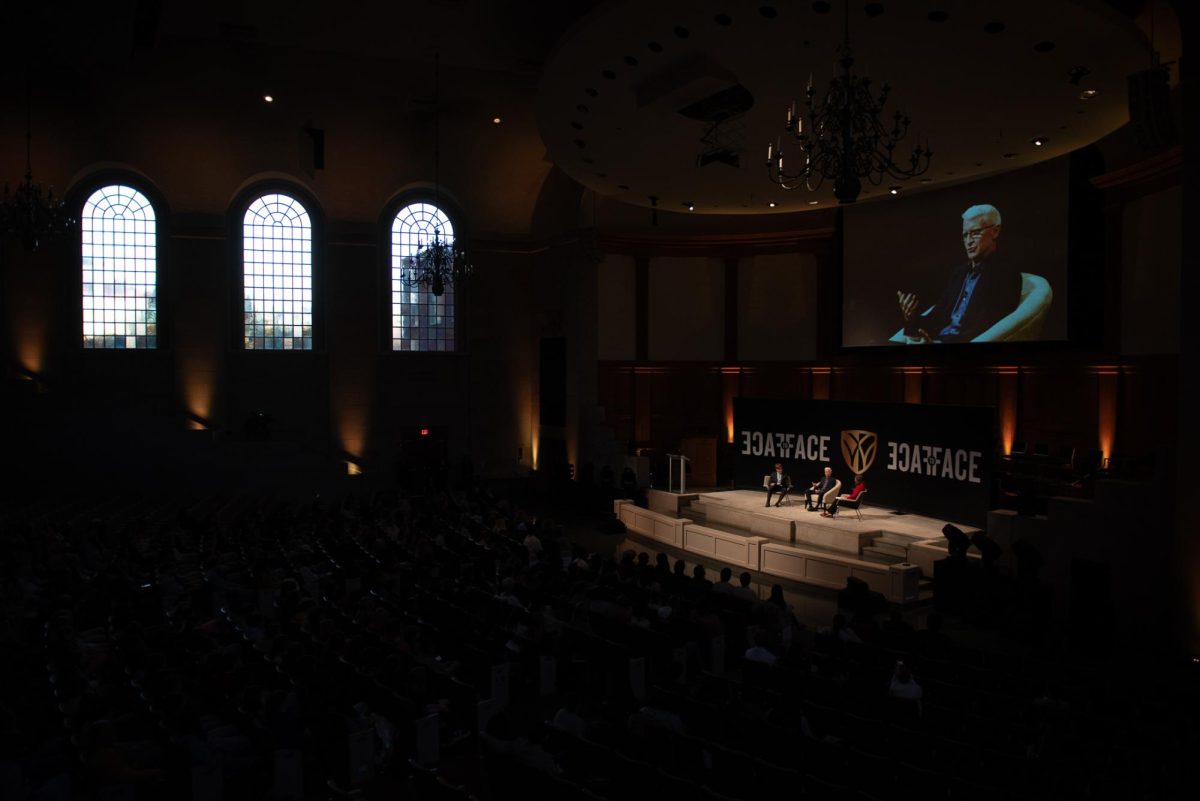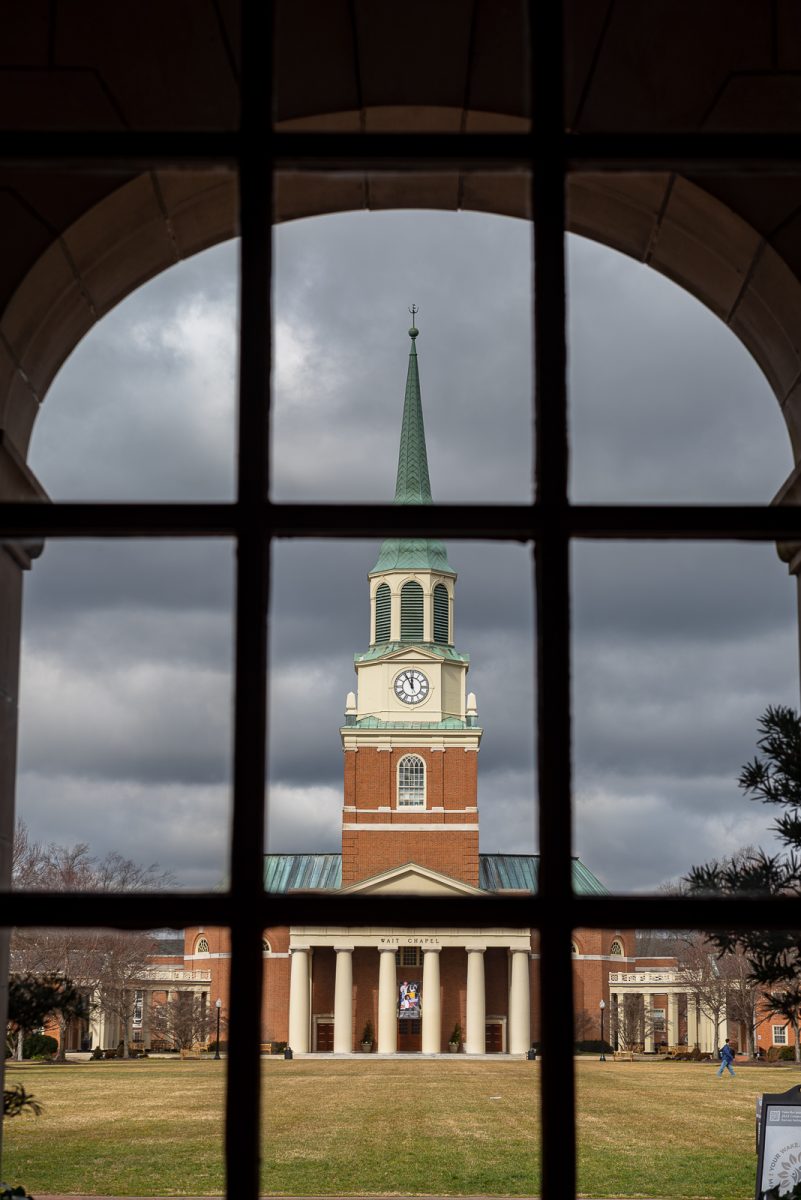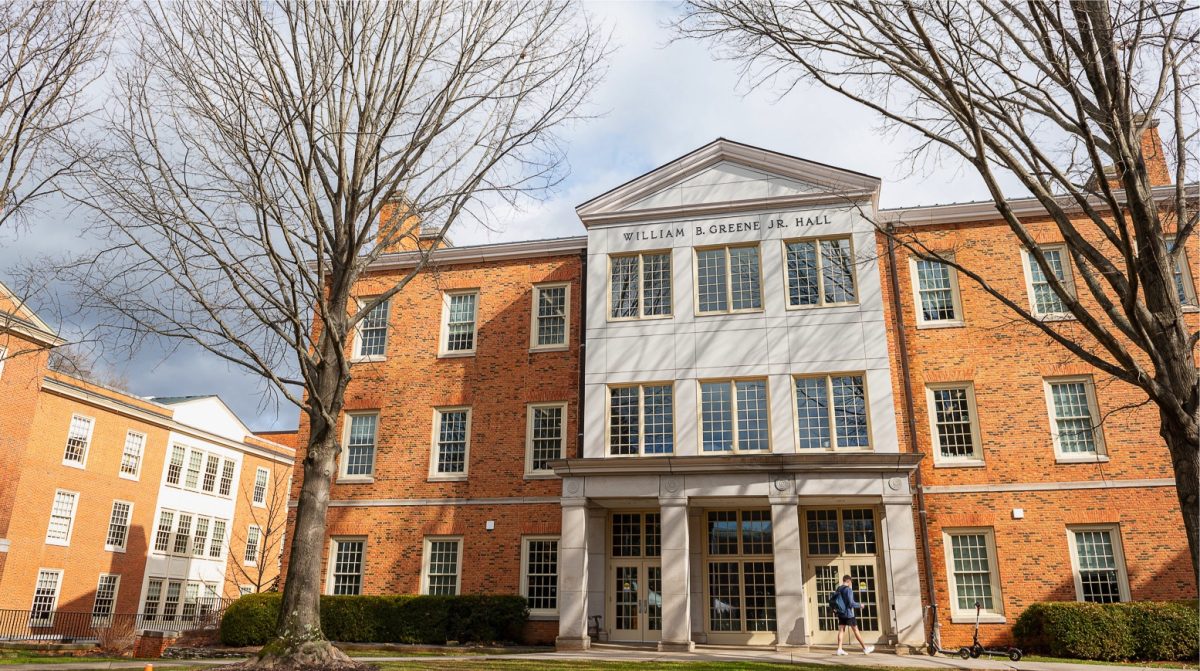Why does Wake Forest succeed?
This was the topic proposed by Provost Rogan Kersh Monday afternoon in Pugh Auditorium during his annual address to the faculty and student senate.
Serving his fourth year as provost, he joked that this was his “senior oration.”
This year, he focused on ways that Wake Forest has succeeded and how the university has grown to receive national accreditation.
However, he made it clear he was not doing this to brag, “beat his chest” as he put it, or disregard areas that need attention as he had focused on in his past three yearly addresses.
Instead, he insisted we look at why we have been doing so well in order to establish trends and expand upon them in the future.
Sophomore Makenna Brezitski supported Provost Kersh’s assertions.
“Focusing on our weaknesses makes us better, but our strengths should not be overlooked,” Brezitski said. “We should definitely capitalize on what got us this far.”
After his introduction, Kersh told the story of his visit to William & Mary where their provost gave him great compliments and was genuinely interested in how Wake Forest handled certain parts of the university.
“We have become a model for other places,” Kersh said.
Kersh summarized in three main points why he thinks the university has become an exemplary university.
First, the university’s research and creative works have been engaged and impactful.
Secondly, the university has extended its reach to national levels.
Lastly, it has capitalized upon its distinctive community.
Examples were given about each point in order to prove their importance.
On the topic of our research, Kersh said our “pedagogy,” or method of teaching, has won the university several awards. Two of the most notable are the AACSB award for the faculty evaluation for the new business school and a $650,000 grant from the Melon Foundation.
Kersh listed out a plethora of recognitions specifically about the university’s research and other creative works. He also spoke about the amount of publications that come from the faculty — ranging from plays and books to studies.
The sheer number of peer reviewed articles was up three percent from the last two years’ average. A survey from Google found scholarly citations have risen from four percent in the past three years.
Kersh attributed a reason for this success is Wake Forest’s sponsored research that encourages and permits student involvement. Beyond this, the university also holds very tight graduate and alumni connections.
However, Kersh said Wake Forest is still a “community in progress.” He mentioned, how as always, the leadership is constantly trying to improve the campus climate and enhance inclusion.
The administration was able to learn a lot about critical race theory from the week-long visit of co-founder of #BlackLivesMatter Alicia Garza as well as from author Ta-Nehisi Coates.
Some students have expressed different opinions about this.
“I don’t think we have made much progress in the short time I have been here, but I feel we are just now starting to take steps in the right direction and become a more inclusive campus,” said freshman Paul Bourdin.



